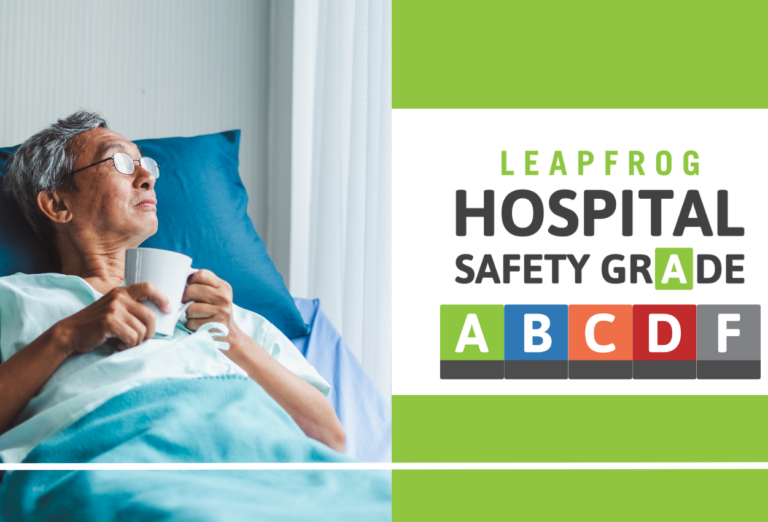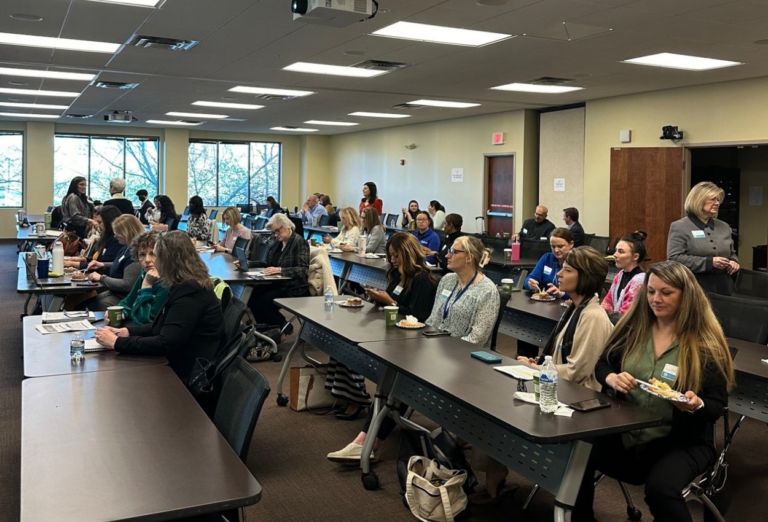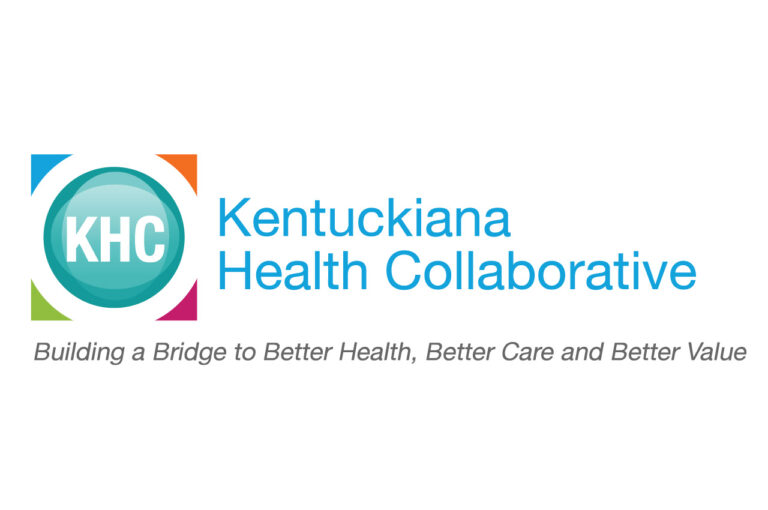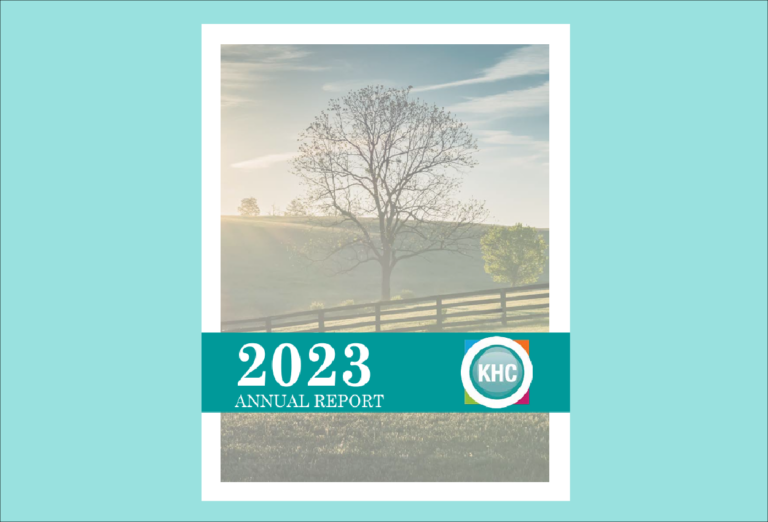October is Breast Cancer Awareness Month, an annual international health campaign to increase awareness of the second leading cause of cancer death in women. A woman living in the United States has a 12% lifetime risk of being diagnosed with breast cancer, according to the American Cancer Society, which means that she has a one in eight chance of developing breast cancer in her lifetime. But did you know that breast cancer risk increases with age, particularly after menopause?
There has been an increase in risk over the past four decades is due to longer life expectancy, as well as increases in breast cancer incidence due in part to changes in reproductive patterns, menopausal hormone use, the rising prevalence of obesity, and increased detection through screening. A woman’s risk of breast cancer increases as she gets older. In fact, the median age of diagnosis for women in the U.S. is 62 and rates of breast cancer are highest in women over age 70, according to AARP.
Menopause does not cause cancer. But your risk of developing cancer increases as you age. So women going through menopause have a greater chance of developing cancer because they’re older. Starting menopause after age 55 increases a woman’s risk of breast cancer, possibly due to exposure to more estrogen. While weakening immune systems may play a role in older women, the biggest culprit is estrogen, or rather, the cumulative amount of estrogen exposure a woman has had over the years. Estrogen stimulates breast tissue. About 80% of breast cancers in postmenopausal women are fueled by the hormone, according to the North American Menopause Society.
Your body continues to produce estrogen in later years, most of it coming from fat cells and adrenal glands. Which means that weight gain is a risk factor for postmenopausal breast cancer since more fat cells mean more estrogen. AARP reports that studies show that women who are overweight or obese after menopause have a 20% to 60% higher breast cancer risk than those who are lean. Extra fat, particularly around the middle, is the body’s main source of estrogen in later years. This type of fat secretes proteins that increase inflammation throughout the body, which has been linked to a higher risk of breast cancer recurrence, particularly in postmenopausal women. Using a hormone therapy to cope with menopause symptoms increases a woman’s risk of breast cancer. The longer you use hormone therapy, the more your cancer risk appears to increase.
After my hysterectomy, I was prescribed Ogen estrogen replacement therapy for several years. It is mostly used as hormone replacement in menopausal women and helps treat hot flashes and prevent osteoporosis. Because of a family history of breast cancer, my physician took me off the medicine as a preventive action. Women with a family history of breast cancer, especially in a first-degree relative (parent, child, or sibling) are at increased risk for the disease. My sister is a 23-year breast cancer survivor. I am now on Evista, which is indicated for the reduction in risk of invasive breast cancer in postmenopausal women at high risk of invasive breast cancer. As a practice, I try to watch my weight, exercise, and I get a three dimensional mammogram each year.
The good news is there are steps you can take to lower your risk of breast cancer, and your physician can help you come up with a plan. Even small lifestyle changes can make a big difference. Risk factors that you can control are weight, diet, exercise, alcohol consumption, smoking, exposure to estrogen, stress, and anxiety.






